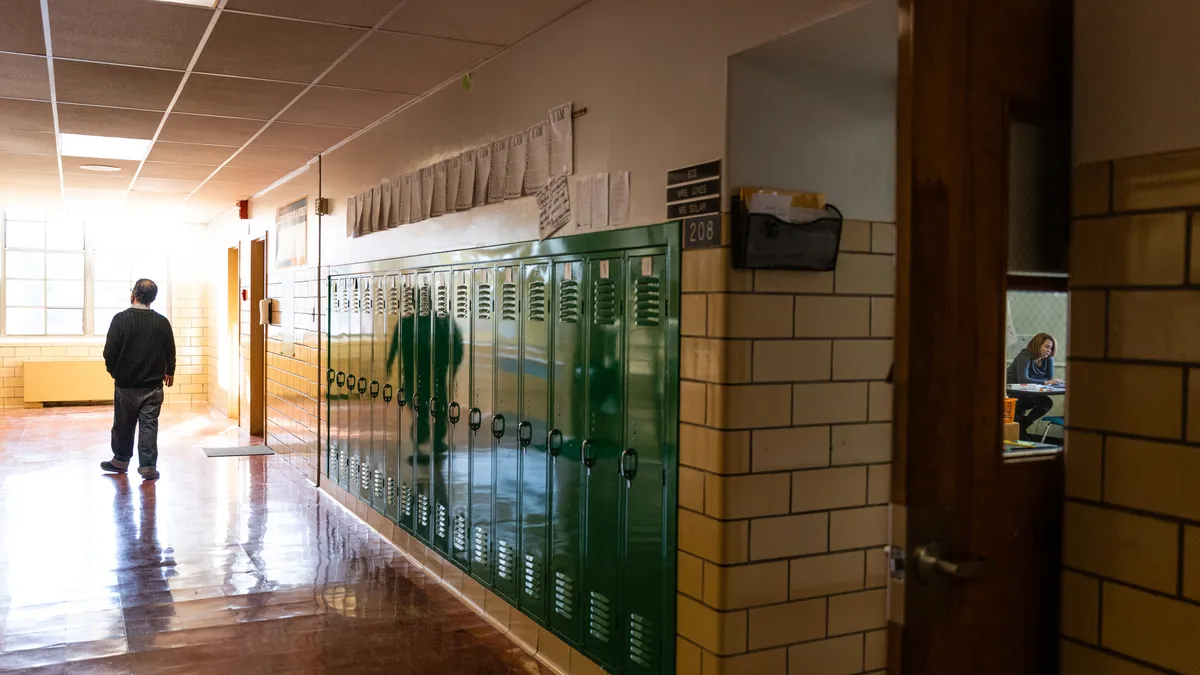Nearly a quarter (24%) of K-12 teachers surveyed earlier this year said their school or district leaders asked them to avoid teaching about social or political issues, the RAND Corp. reported Wednesday.
This finding comes at a time when the pandemic has sparked a contentious relationship over school COVID-19 safety measures and a surge in state policies and conservative activism has emerged over how race, bias and racism are taught.
According to the RAND survey, 37% of teachers and 61% of 1,540 principals said they were harassed in the first half of the 2021-22 school year in relation to their school’s policies on COVID-19 safety measures or for teaching about race, racism or bias. Students’ family members were reported as the most frequent source of this poor treatment, the report said.
Consequently, principals who experienced harassment over these topics were more likely to consider quitting because of the politicization of their jobs, RAND reported. In fact, the survey found 42% of principals who experienced politically related harassment expressed a desire to quit, compared to 27% of principals who hadn't experienced harassment and considered quitting.
In 2020 and 2021, some 894 school districts representing 35% of all K-12 students dealt with local actions related to campaigns against critical race theory in classrooms, according to researchers from the University of California, Los Angeles and the University of California, San Diego.
Harassment can negatively shape teachers’ perceptions of their school’s climate, the RAND report said.
For teachers, 43% of those who reported harassment over policies about teaching race, racism or bias said their school did not foster “a sense of belonging for teachers of color.”
Another 26% of teachers who did not report such harassment nonetheless said the same thing.
Overall, the RAND report recommended teachers and principals receive training to help with communication and managing conflict around these contentious topics.
The report added that it’s key to build in-person opportunities that improve relationships with families and engage with them more in decision making. Clarifying the goal of classroom conversations about race, racism or bias with school staff, students and parents “could help improve educators’ well-being,” too, the report said.
RAND surveyed 2,360 teachers in January for this report.













